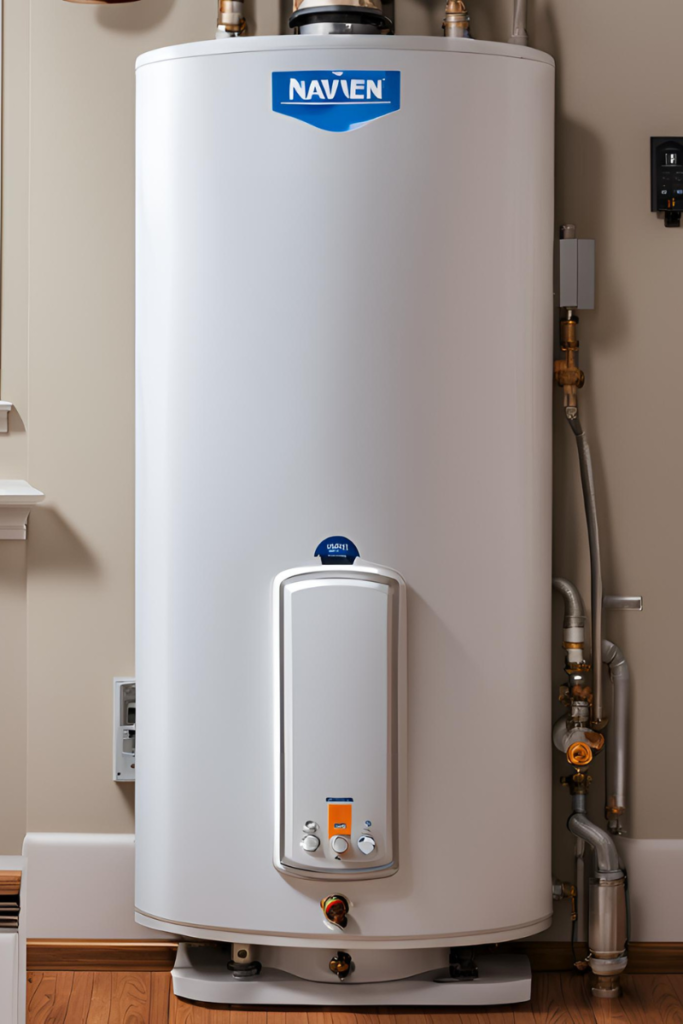Replacing a water heater is a significant home maintenance task that many homeowners will face at some point. Whether it’s due to age, inefficiency, or a sudden breakdown, understanding the costs involved in replacing a water heater can help you budget and make informed decisions. In this comprehensive guide, we’ll cover everything you need to know about the cost of water heater replacement, from signs indicating it’s time for a new unit to whether you should tackle the job yourself or hire a professional.
Introduction
Water heaters are essential components of modern homes, providing hot water for bathing, cooking, and cleaning. On average, water heaters have a lifespan of 8 to 12 years, though this can vary based on usage, maintenance, and water quality. As they age, they become less efficient and more prone to issues, making replacement a necessity. But how much should it cost to replace a water heater? Let’s dive into the details.
Signs Your Water Heater Needs Replacement
Recognizing the signs of a failing water heater can prevent the inconvenience of unexpected breakdowns and potential water damage. Here are some common indicators that it may be time to replace your water heater:
- Leaks: Puddles around the base of the water heater suggest a leak, often due to internal tank corrosion.
- Rust-Colored Water: If your hot water is rusty, the tank could be rusting from the inside.
- Strange Noises: Rumbling, banging, or popping sounds can indicate sediment buildup that reduces efficiency and damages the tank.
- Inconsistent Temperature: Water not staying hot for long periods can signal a failing heating element or thermostat.
- Age: If your water heater is over 10 years old, it’s likely nearing the end of its useful life.
Factors Determining Replacement Cost
Several factors can influence the cost of replacing a water heater, including:
- Age, Type, and Size of the Water Heater: Older models and larger capacity units generally cost more to replace.
- Local Labor and Material Costs: Prices can vary significantly depending on your location and the going rates for professional plumbers.
- Additional Features and Upgrades: High-efficiency models, tankless systems, and other upgrades can increase the overall cost but may offer long-term savings.

Estimating the Cost of Water Heater Replacement
The cost of replacing a water heater includes several components:
- Unit Price: The cost of a new water heater can range from $500 to $1,500, depending on the type (tank vs. tankless), brand, and capacity.
- Labor: Professional installation typically costs between $300 and $500, although this can vary based on complexity and regional pricing.
- Additional Materials: Items like fittings, pipes, and brackets may add $50 to $150 to the total cost.
- Disposal: Some professionals charge an additional fee for removing and disposing of the old unit, usually around $50 to $100.
To get an accurate estimate, request quotes from multiple professionals and ask for itemized breakdowns of the costs.
DIY vs. Professional Replacement
Should you replace your water heater yourself or hire a professional? Here are the pros and cons of each approach:
DIY Replacement
Pros:
- Cost Savings: You can save on labor costs by doing the work yourself.
- Learning Experience: It’s an opportunity to develop your DIY skills.
Cons:
- Complexity: Installing a water heater involves plumbing, electrical, and sometimes gas connections, which can be challenging without proper knowledge.
- Safety Risks: Incorrect installation can lead to leaks, electrical issues, or even dangerous gas leaks.
- Warranty: Some manufacturers void the warranty if the unit is not installed by a certified professional.
Professional Replacement
Pros:
- Expertise: Professionals ensure the job is done correctly, safely, and up to code.
- Time-Saving: A professional installation is quick and efficient.
- Warranty: Many pros offer warranties on their work, providing peace of mind.
Cons:
- Cost: Professional installation adds to the overall expense.
Steps in the Water Heater Replacement Process
DIY Method
- Turn Off Power/Water/Gas: Ensure safety by turning off the power (electric water heaters) or gas supply.
- Drain the Tank: Attach a hose to the drain valve and empty the tank.
- Disconnect Old Unit: Remove the old water heater by disconnecting the water lines, electrical wiring, and venting.
- Position New Unit: Place the new water heater in position.
- Reconnect Lines: Attach the water lines, electrical wiring, and venting to the new unit.
- Fill and Test: Fill the tank with water, restore power or gas, and test the unit.
Professional Method
- Assessment: The plumber evaluates the situation and recommends the appropriate unit.
- Preparation: They turn off the power/water/gas supply and drain the old tank.
- Installation: The old unit is removed, and the new one is installed according to local codes and regulations.
- Testing: The professional fills the new tank, checks all connections, and tests the system to ensure proper operation.
Safety Considerations for DIY Enthusiasts
- Always follow manufacturer instructions and local building codes.
- Use appropriate tools and safety gear.
- If unsure at any step, consult a professional.
Stop By Van Marcke’s Plumbing Supply
When it comes to replacing a water heater, sourcing quality materials is crucial. Van Marcke’s Plumbing Supply is a premier destination for fair-priced water heaters and supplies. We carry big-name brands like Ruud, Siogreen, Navien, Bradford White, State, Stiebel Eltron, Camco, and more. With our extensive inventory and knowledgeable staff, you’ll find everything you need to tackle your water heater replacement project, whether you’re a DIY enthusiast or a professional plumber.
Final Thoughts
Timely water heater replacement is essential to maintaining home comfort and efficiency. Understanding the costs involved and deciding whether to DIY or hire a professional can ensure a smooth and successful replacement process. Stay informed about your water heater’s condition, and don’t hesitate to seek professional advice when necessary.